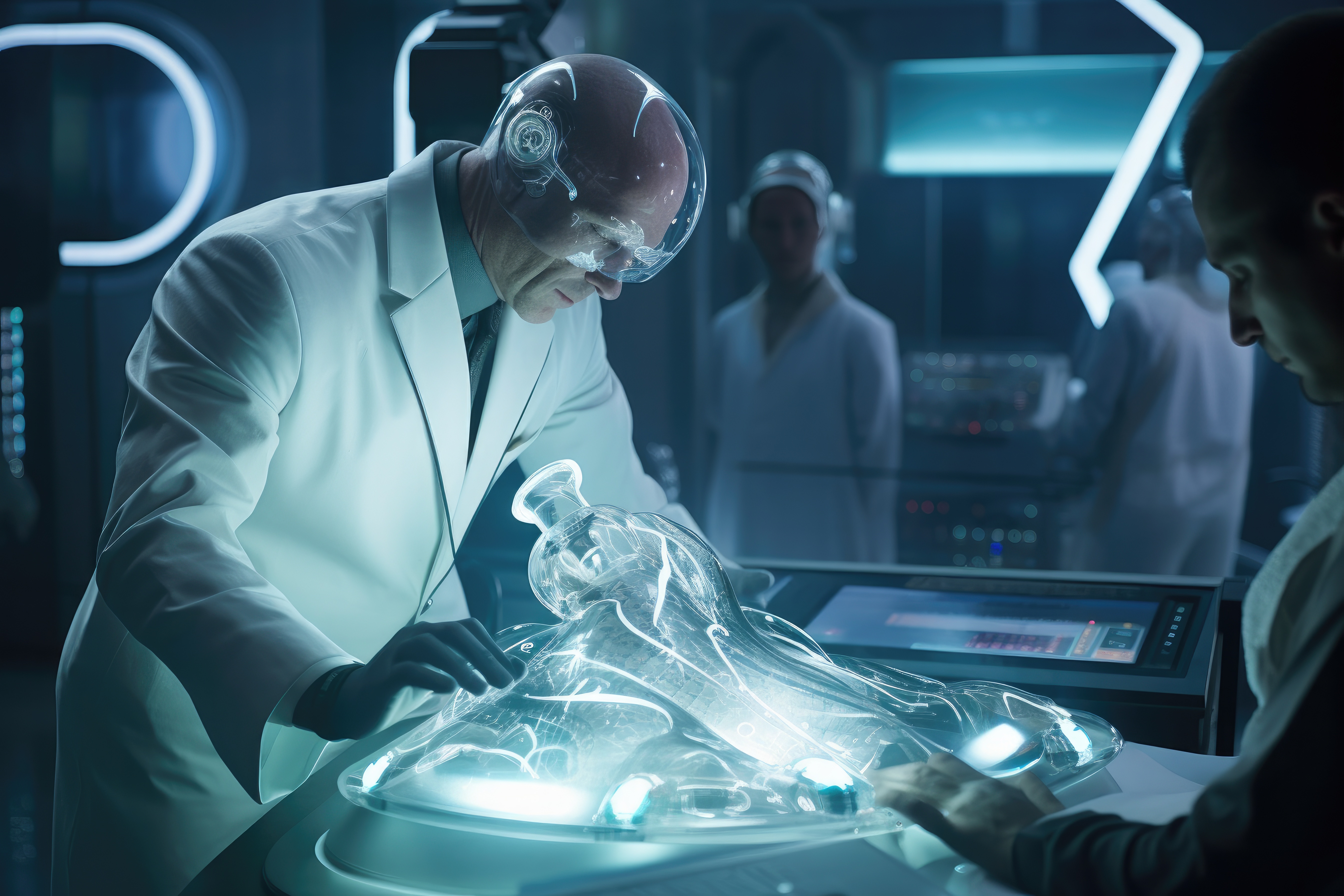
"Revolutionizing Healthcare: Paramedical Science Trends 2025"
- Posted by: Bookera Publishers and Distributors
Revolutionizing Healthcare: The Latest Advancements in Paramedical Science
Title: "Revolutionizing Healthcare: Paramedical Science Trends 2025"
Description: "Discover the latest advancements in paramedical science, from AI-assisted diagnostics to telemedicine and personalized medicine, transforming healthcare delivery in 2025."
Introduction
The paramedical field is undergoing a transformative journey, driven by technological innovations and evolving healthcare needs. From AI-assisted diagnostics to telemedicine and personalized medicine, these advancements are revolutionizing how healthcare services are delivered. In this blog, we'll explore the latest trends shaping the future of paramedical science.
1. Artificial Intelligence (AI) in Paramedical Services
- AI in Diagnostics: AI is revolutionizing diagnostics by analyzing medical images like X-rays, MRIs, and CT scans, helping paramedics and doctors spot issues like fractures or tumors faster.
- AI for Patient Monitoring: Wearable devices with AI can track a patient’s health in real-time, helping to detect problems early and reduce the workload for paramedics.
2. Telemedicine and Remote Care
- Remote Healthcare Access: Telemedicine has become crucial for providing healthcare remotely, especially in rural areas, offering emergency guidance and home care services like wound care and physiotherapy.
- Enhanced Accessibility: It enhances access to healthcare by allowing paramedics to consult with healthcare providers remotely, providing real-time guidance and support in emergency situations.
3. Advanced Medical Equipment
- Portable Diagnostic Tools: Portable diagnostic tools, such as ultrasound machines, and wearable devices are making paramedics' jobs more efficient by enabling faster and more accurate care delivery.
- Real-Time Monitoring: These innovations allow for real-time monitoring of vital signs, enabling paramedics to make informed decisions quickly.
4. Better Training Programs
- Simulation Training: Simulation training using Virtual Reality (VR) and Augmented Reality (AR) prepares paramedics for real-world scenarios, enhancing their skills and readiness.
- Online Learning: Online learning platforms ensure paramedics stay updated with the latest techniques and technologies, improving the quality of care provided.
5. Focus on Preventive Care
- Health Camps: Paramedics are playing a key role in conducting health camps and screenings for conditions like diabetes and hypertension, promoting early detection and prevention.
- Patient Education: They also focus on patient education, teaching people how to lead healthy lives and manage chronic conditions, which helps reduce hospital visits and promotes healthier communities.
6. Personalized Medicine and Genetics
- Genetic Counseling: Paramedics are involved in genetic counseling, helping patients understand their genetic test results and implications for their health.
- Customized Treatments: They work with doctors to create treatment plans tailored to each patient’s genetic profile, making healthcare more patient-focused and effective.
Conclusion
The future of paramedical science is exciting and dynamic, with technological advancements and shifting healthcare paradigms. By embracing these trends, paramedical professionals can deliver high-quality care and shape the future of healthcare.
Hashtags:
- #ParamedicalScience
- #HealthcareInnovation
- #ArtificialIntelligenceInHealthcare
- #TelemedicineTrends
- #PersonalizedMedicine
- #PreventiveCare
- #AdvancedMedicalEquipment
- #FutureOfHealthcare
- #ParamedicTraining
- #HealthcareTechnology
- Address: Shop No-239-240, Chaura Rasta, Near Tadkeshwar Mandir Jaipur (Rajasthan)-302003
- Email: bookerapub@gmail.com
- Phone: +91 9024040890

